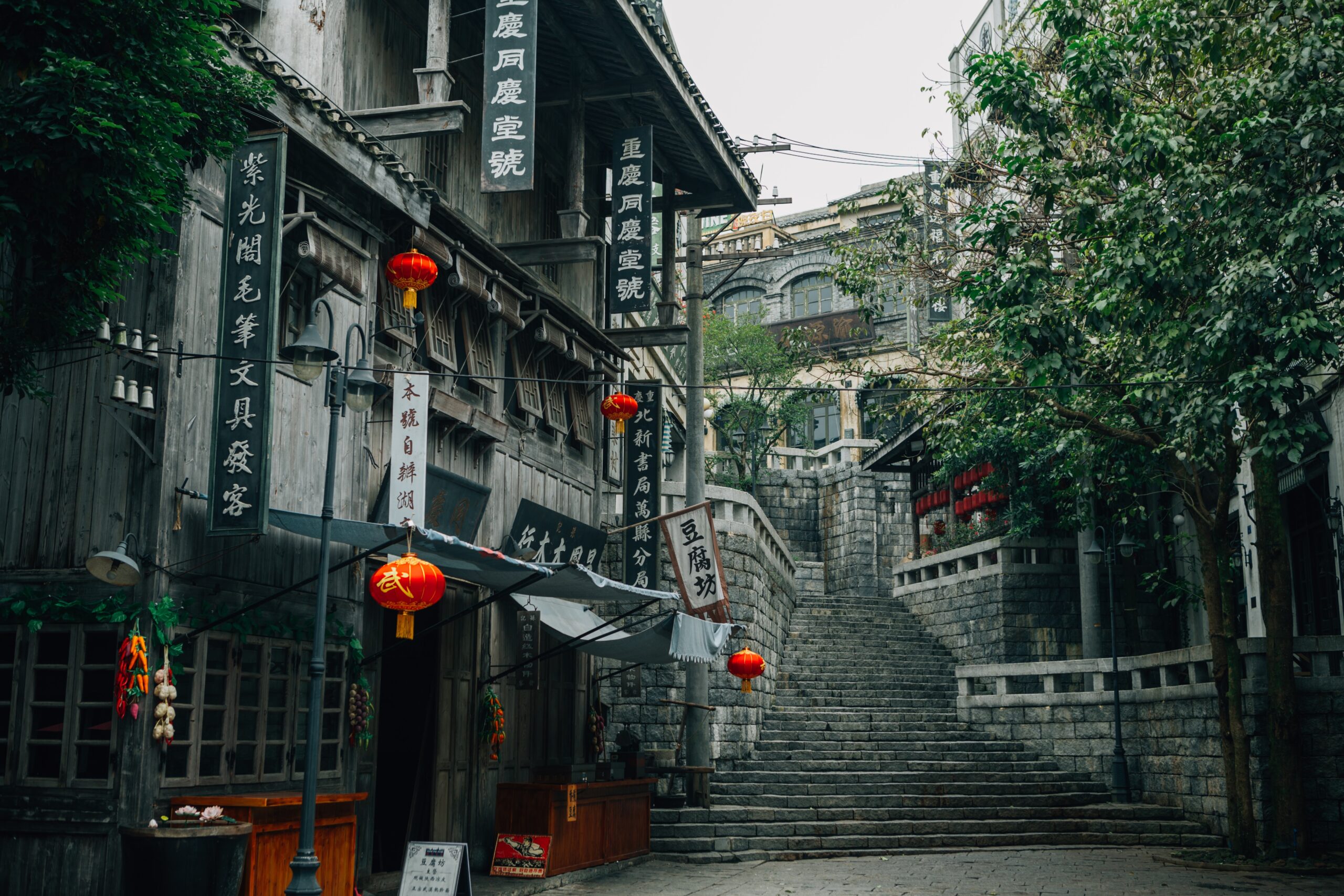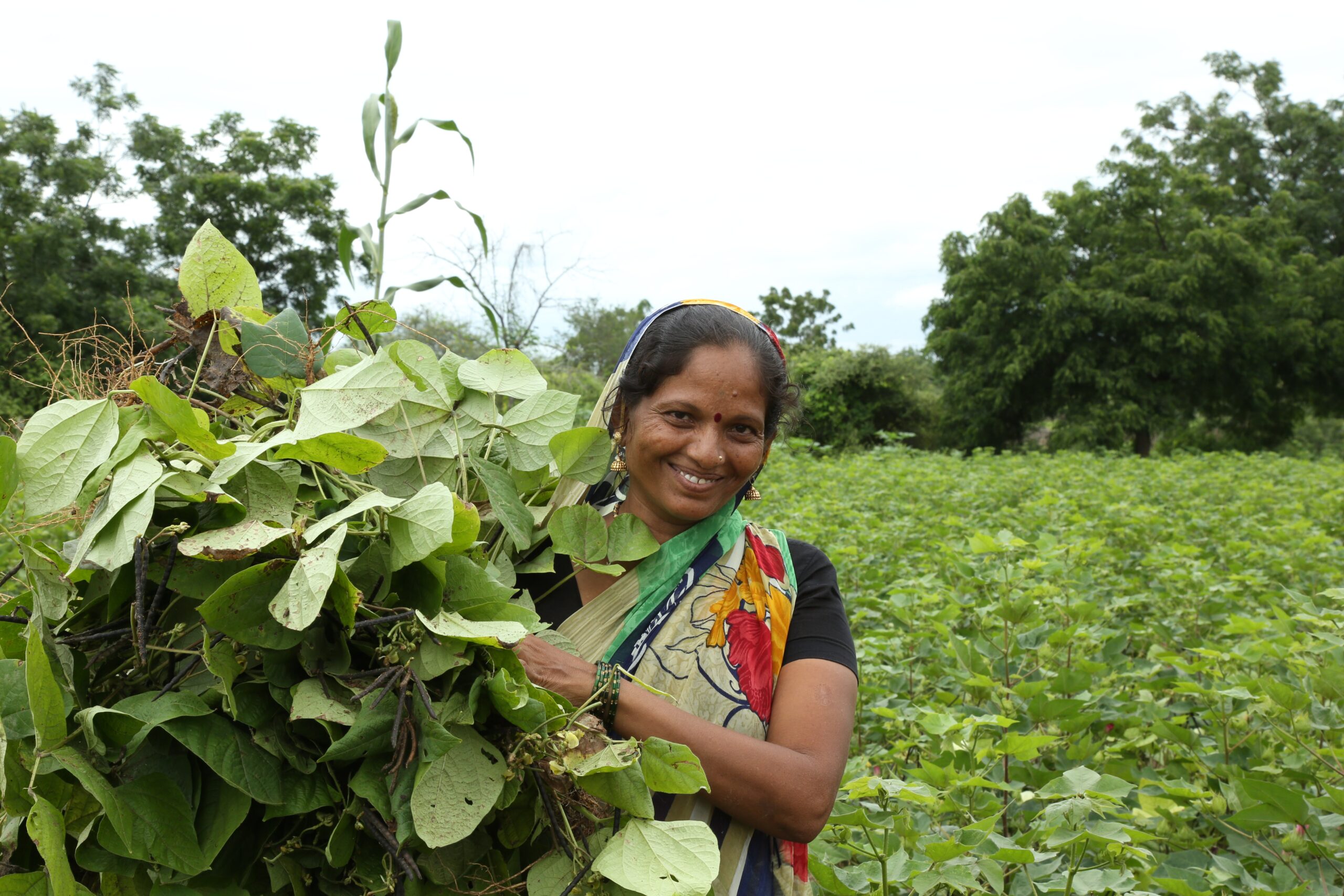Spatial management consists of land property and land use management, both on land and in the ocean. From the perspective of ‘social-ecological systems’, local spatial management represented the resilience of adaptation that indigenous knowledge and environment change were interrelated. This study aims to extract critical components that contribute to the dynamic maintenance of the stability and sustainability of local spatial management. The indigenous knowledge of Yami people on Orchid Island was investigated as a case study to highlight how indigenous institutions functioned in a more suitable and adaptable way for local spatial management. Empirical data were collected by participatory mapping and an in-depth interview with indigenous experts. Differently from the official policy, the results show that the cultural-specific spatial regulations, including land ownership and land use, were strictly maintained with landscape structure and social organizations by the Yami indigenous institution. Local cultural spatial management with regulated and comprehensive institutions could cope with challenges immediately and dynamically, and enhance resilience more than official institutions that are simplified and controlled by the state. It is argued that spatial regulations, landscape structure, and social organizations from indigenous knowledge were recommended to be introduced into official spatial management institutions, to validate the values of indigenous knowledge and improve the resilience of local spatial management.





































































































































































































































































































































































































































































































































































































































































































































































































































































































































































































































